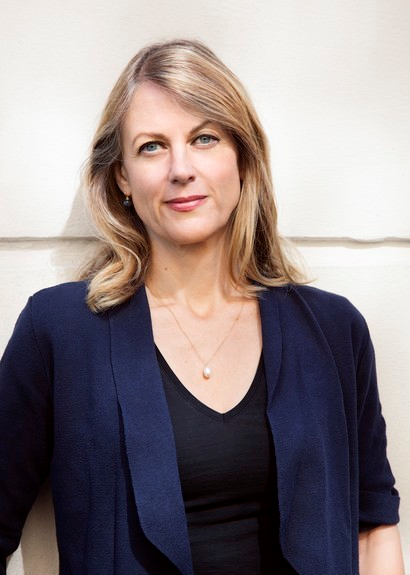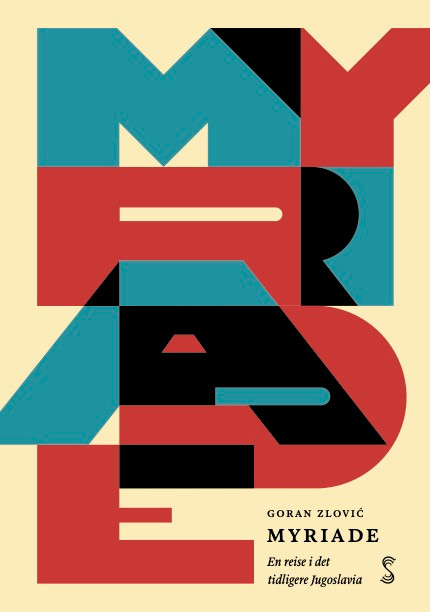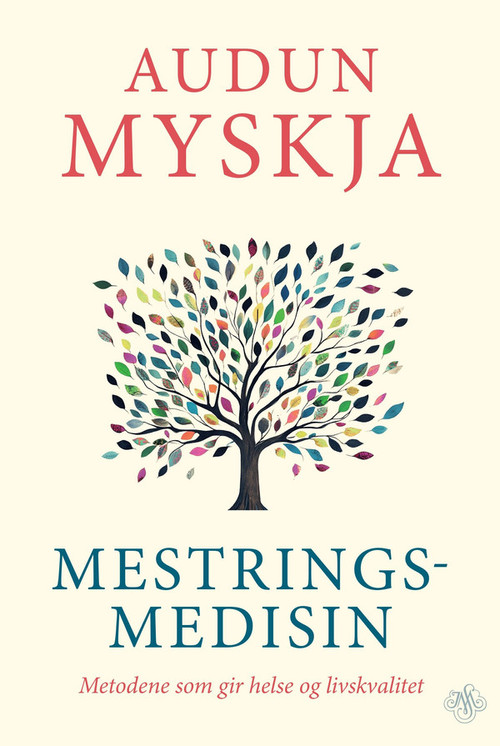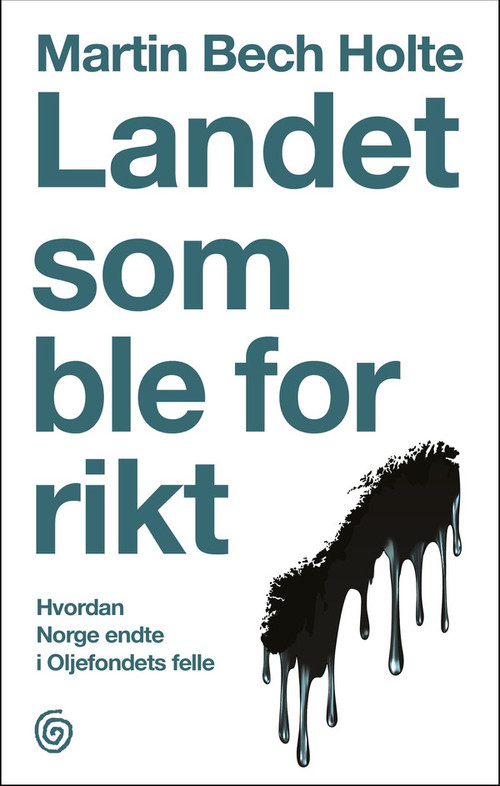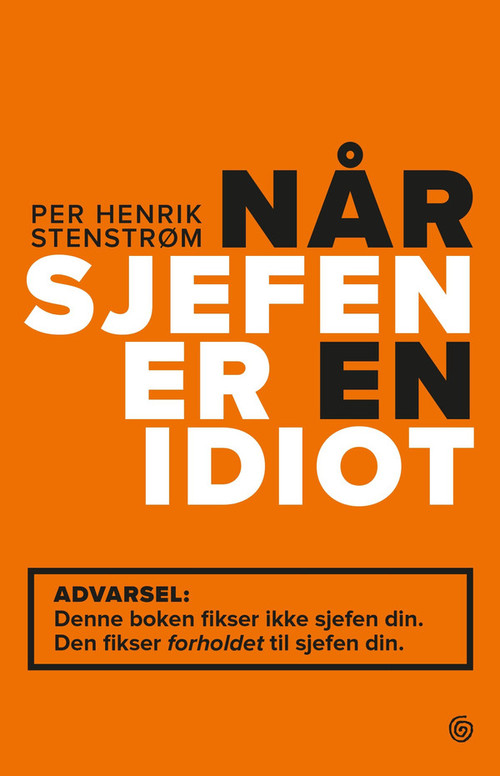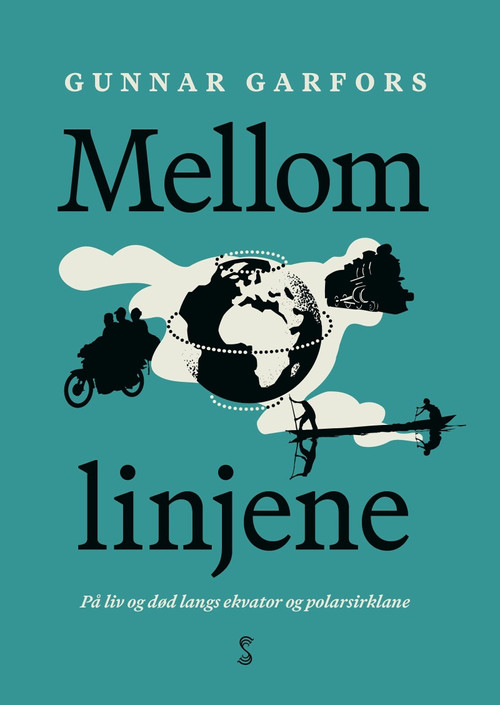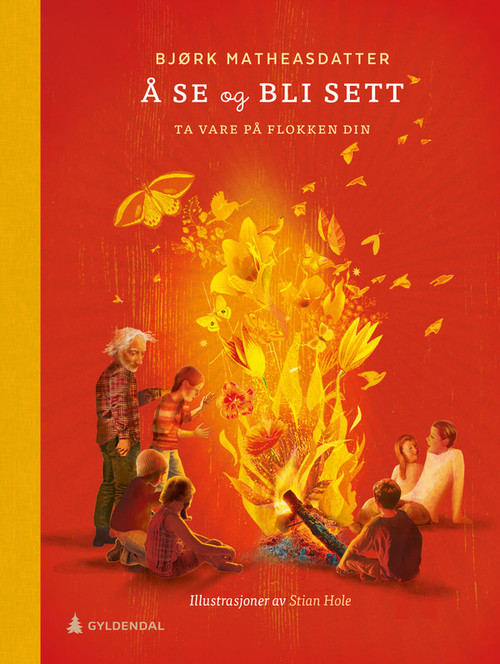He sulks like a little girl. She’s got hair on her chest. He drives like an old woman, and it’s time for her to man up.
Helene Uri has been interested in language and gender for many years. Do men and women speak different languages? Is the language of women more indirect? Are there different words for men and women? And what happens to our language when we speak about women and men? Ten years ago, Uri began cutting out newspaper articles and putting them into a blue folder. She has also eavesdropped on conversations on the bus and at parties, and has timed speeches and counted obituaries. And she has gone through books and films with a fine toothcomb on the hunt for what we say, how we say it, and who says what.
Who Said What? is a book about how language reflects reality, but also how it shapes it: notions about men and women are everywhere to be found in our speech and tell us what we – more or less consciously – think about each other and ourselves. Readers will not only relate to Helene Uri’s precise, revealing and amusing book, but also encounter new surprises and understandings.
Hits the mark. Thought-provoking on women, men and language. Sharp, insightful and witty ... this 350-page book is a must for anyone interested in language.
5 out of 6 stars
Helene Uri excels when she gets the reader thinking about old myths in new ways ... The book reads easily, intelligently and with a dry wit, to the point of irritation when one realises that language is an area left untouched by equality.
5 out of 6 stars
Helene Uri has written a political and hugely interesting book. What makes the greatest impact is her eye for detail in behaviour, speech patterns and texts.
Unfortunately, Helene Uri’s book is necessary in order for our foremothers’ struggles for equality not to be washed down the drain ... Uri is best when wrenching the reader away from conventional thinking about gender and language.
Here we have non-fiction that can you make you laugh or cry – all at once. Uri provides a painfully brilliant defence of why it’s high time to update our language...
Complex and frankly gripping.
As Uri writes brilliantly by way of introduction: We live in one of the most equal countries in the world. It is for precisely that reason that it is interesting to see to what extent inequality is laid bare by our language.
Powerful and vivid on language and gender ... I urge everyone to read this book. It will give you the answers to many of your questions, you will have a-ha moments, and become more critical of your own language and social interaction with others of all genders.
